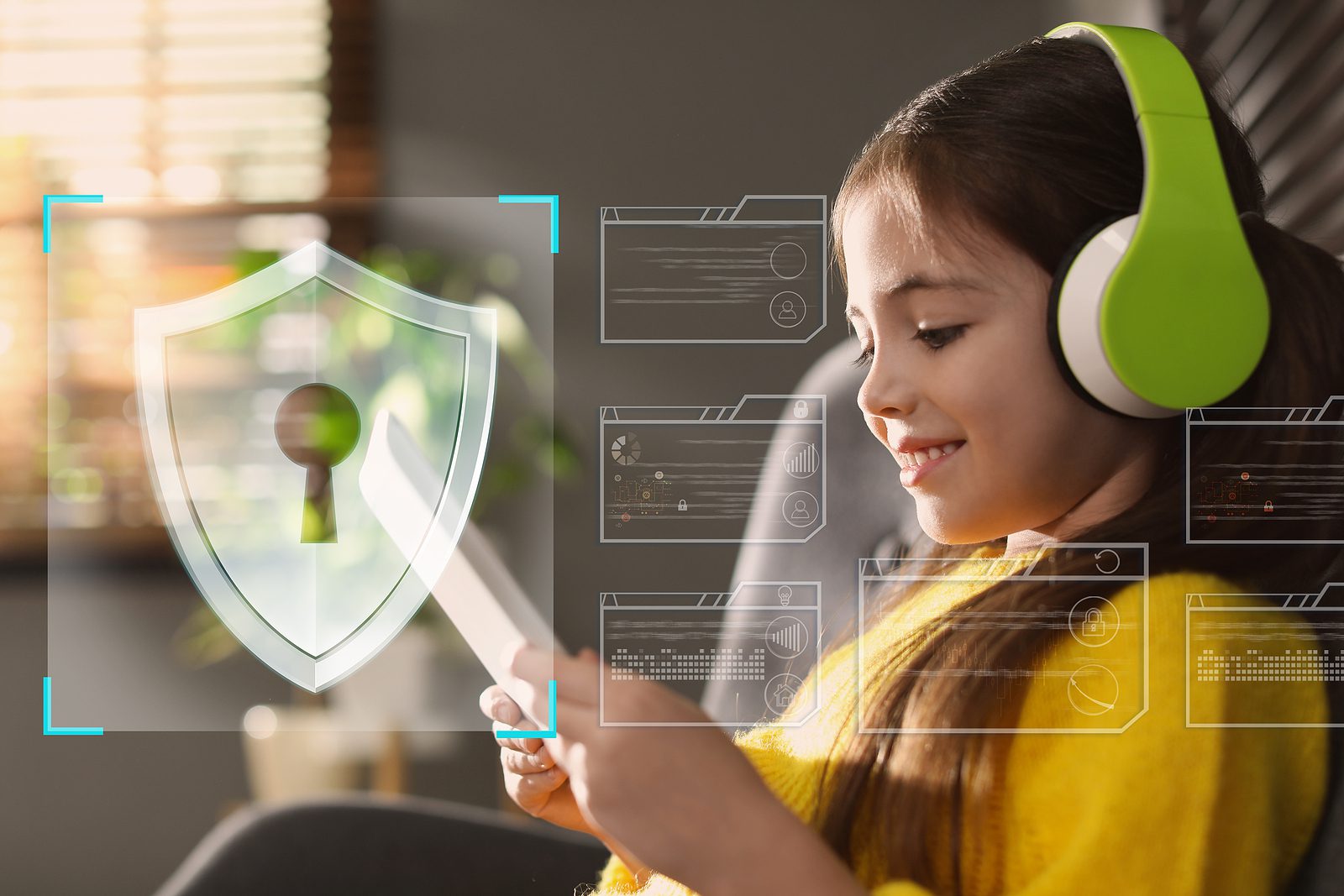
The Importance of Teaching Children Internet Safety
In an increasingly digital world, more children than ever are accessing the Internet without supervision. As smartphones and mobile devices become essential for staying in touch, getting around, and even making purchases, the age of the average cellphone user continues to decline. Roughly 66% of children in fourth to eighth grade have access to cell phones or tablets and almost half of them have a computer in their bedrooms. While the Internet can be used in positive ways, unsupervised Internet use can lead to dangerous or inappropriate situations. To help you protect your family, here’s some information on the importance of teaching children Internet safety.
Internet Safety Risks for School-Age Children
While we’d hope that our children behave and avoid inappropriate websites, there are far too many opportunities for kids to stray off their intended paths. Children want to be included in the latest trend, they want to watch the video that everyone’s talking about, and they’re curious. Without the proper safety controls and education, you can quickly find yourself falling down a treacherous rabbit hole. Some of the biggest Internet safety risks for school-age children include dangerous or inappropriate websites; malware that can cause problems for your computer, phones, or home network; fraudulent activity; phishing scams; cyberattacks; and sexual predators. To keep your children safe, it’s important to be aware of everything that could happen, even if it’s difficult.
What are Children Doing Online Anyway?
While many children have started to use the Internet for educational purposes, it’s far from the only thing happening. In a study conducted by the Center for Cyber Safety and Education, it was found that 30% of children have used the Internet in ways that their parents wouldn’t approve, 21% have visited sites where they can talk to strangers, and 17% have visited a porn site. While we’d like to assume that our children aren’t doing anything dangerous, it’s better to be cautious. The Internet can also be harmful to your child if they are the victim of cyberbullying.
Setting Internet Safety Rules for Your Children
To make sure that your children are taking precautions to avoid dangerous situations, it’s important to sit down with them and discuss a few rules. While it might seem like unnecessary details, you need to explain things that could happen if they’re not careful. Be honest with them before talking about rules. Make sure that you discuss the consequences of breaking these rules and why they’re important to follow in the first place.
Tell your children to never give out any personal information and to avoid posting pictures on public sites. Never speak to strangers and don’t open any messages or emails from senders they don’t know. If they receive any inappropriate messages, make sure that they understand why it’s important to report it to an adult and never meet up with someone they don’t know in “real life”. To help encourage a healthy balance in your children’s lives, set time limits and utilize parental controls.
One thing that’s often overlooked is the permanence of the Internet. Make sure that your children understand that anything that’s shared online, stays online … forever. A lot of children don’t understand this until it’s too late.
The earlier you start to educate your children on Internet safety, the better. If problems arise, take it as a learning opportunity and move forward. Try to include your children in the process so they don’t feel like they’re being spied on and instead, understand why staying safe is so important.
Another thing that you should enforce are limits on social media. While social media has a lot of benefits, many platforms don’t legally allow children under the age of 13 to access them. Make sure that your children uphold this timeline and try to model good behavior by staying off social media during family time.
Keeping Your Child Safe on the Internet
Unfortunately, rules are often broken. To take a more active role in keeping your child safe on the Internet, consider utilizing a few techniques and controls. Make sure that you monitor your children’s Internet usage and avoid giving them access to a computer in their bedrooms. Instead, keep devices connected to the Internet in public areas of your home and consider regularly checking browser history if you’re worried.
For the best protection, make sure that you download parental control software and antivirus software programs. The parental controls allow you to control your child’s Internet usage, including time limits, blocking certain sites, restrict messages, and more. The control settings range from mild to advanced and everywhere in between. The antivirus software will give you protection against any malicious attempts to hack into your personal information.
The younger your child is, the bigger the risk. Exposure to graphic, sexual, or inappropriate content at a young age has a big impact on their development. The Internet is a dangerous place, but there are ways we can help keep our children safe.
Another great way to ensure that your child doesn’t overuse the Internet is to provide a stimulating environment that encourages collaborative experiences and face-to-face interactions. Contact A Child’s Place today to learn more about how directors and caregivers work to take care of your child and assist with their developmental needs.


